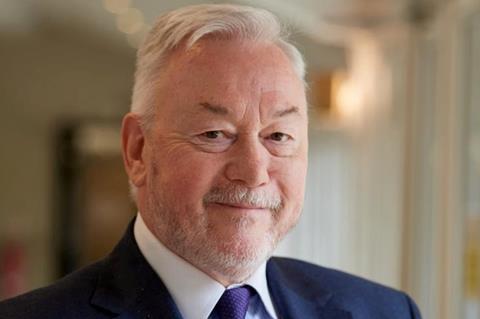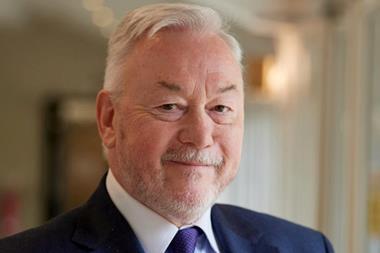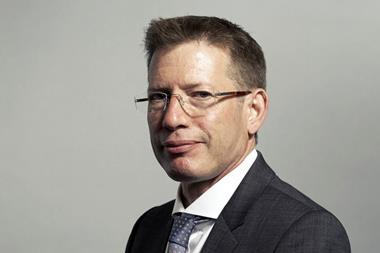
The PRA is making progress with plans for a scheme which will speed up receiving vehicle keeper details after a forecourt fuel theft, which the association believes could save operators thousands of pounds a year.
The association has been lobbying for over five years for the sector to be able to request Driver and Vehicle Licensing Agency (DVLA) keeper details electronically for enforcement purposes, modernising the current system where forecourts have to apply by post to the DVLA for this information to recover the lost revenue in case of a drive-off.
Last week PRA executive director Gordon Balmer met with the DVLA, and Superintendent Parick Holdaway from the National Business Crime Centre (NBCC), with a representative from security system company Forecourt Eye, to discuss how the initiative might work.
Balmer says he is hopeful that the new computerised system will be in place by the end of 2024, running on similar lines to a facility already in place for parking enforcement operators, where an accredited third party applies to the DVLA for details on behalf of members.
“It is important to note that forecourt operators will not have access individually to the scheme,” says Balmer. “They can only access it through an accredited third party, details of this are still being worked on.
“We are aiming to get this in place by the end of the year, and the DVLA have agreed to provide me with updates as this develops.”
The PRA says that the “breakthrough agreement” initially came about in a meeting earlier this summer between Balmer and then Secretary of State for Transport Mark Harper.
It says that drive-offs and no means of payment incidents are calculated to cost forecourt retailers £100 million a year, with 60% of that due to drive-offs. A more efficient process is likely to make it easier to track down non payers, and could act as a deterrent to fuel theft, saving forecourt operators potentially thousands of pounds a year believes the PRA.
































